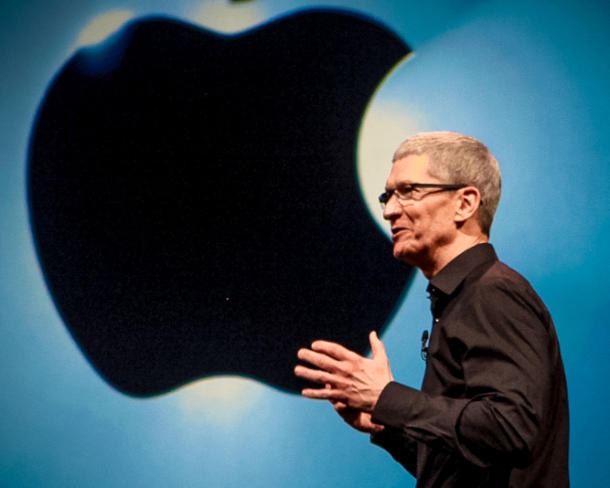Apple saves $724 million in bond sale


Apple couldn't have picked a better time to borrow $17 billion.
As reported by Bloomberg, the iPad and iPhone maker's first bond sale since 1996, created to generate billions to launch a $100 billion capital return program for shareholders, has resulted in savings worth millions.
Data compiled by the publication shows that Apple has acquired an initial $40 million in annual interest savings compared with current yields on the six bonds sold. On April 30, the day of the offering, the yield on 10-year treasury bonds was pegged at 1.67 percent, whereas at the end of last week this rose to 2.13 percent.
With today's rates, Apple is set to save $724 million over the life of the bonds. Apple's notes are rated Aa1 — the second-highest grade — by a number of investor rating firms including Moody's.
David Brown, a manager of fixed-income assets at Neuberger Berman, commented:
"That's real money, even to Apple. I don't know if it was insight or luck, but they timed the market very well, so they were able to capture some very attractive yields to finance their capital plan. Kudos to them."
The bond sale is the largest currently on record and at the opening attracted over $50 billion in orders which left investing parties struggling to keep up with public interest. Apple issued the debt in order to fund a capital return program for shareholders after the company recorded the first quarterly drop in ten years, posting a net profit of $9.5 billion, down from $11.6 billion last year.
Apple plans to buy back $60 billion in shares, which will raise shareholder dividends over the next two years.
By offering bonds, the Cupertino-based firm will also save billions in taxes by avoiding the use of funds kept off U.S. soil. Apple CEO Tim Cook appeared in front of Congress on May 21 to defend the company's tax arrangements after public scrutiny, saying that Apple does not use "tax gimmicks" and pays every cent required by U.S. authorities. However, by keeping funds away from the U.S., the tech giant is able to save billions in tax and has joined the ranks of Google, Amazon and Starbucks — all of which have been accused of using tax loopholes to minimize taxation.